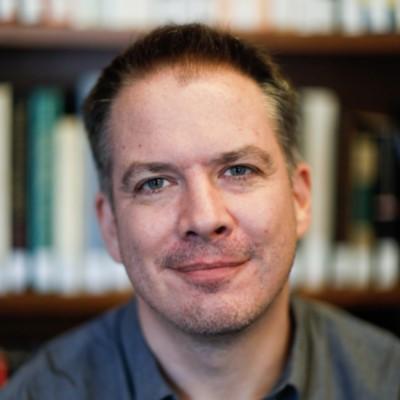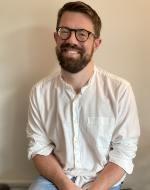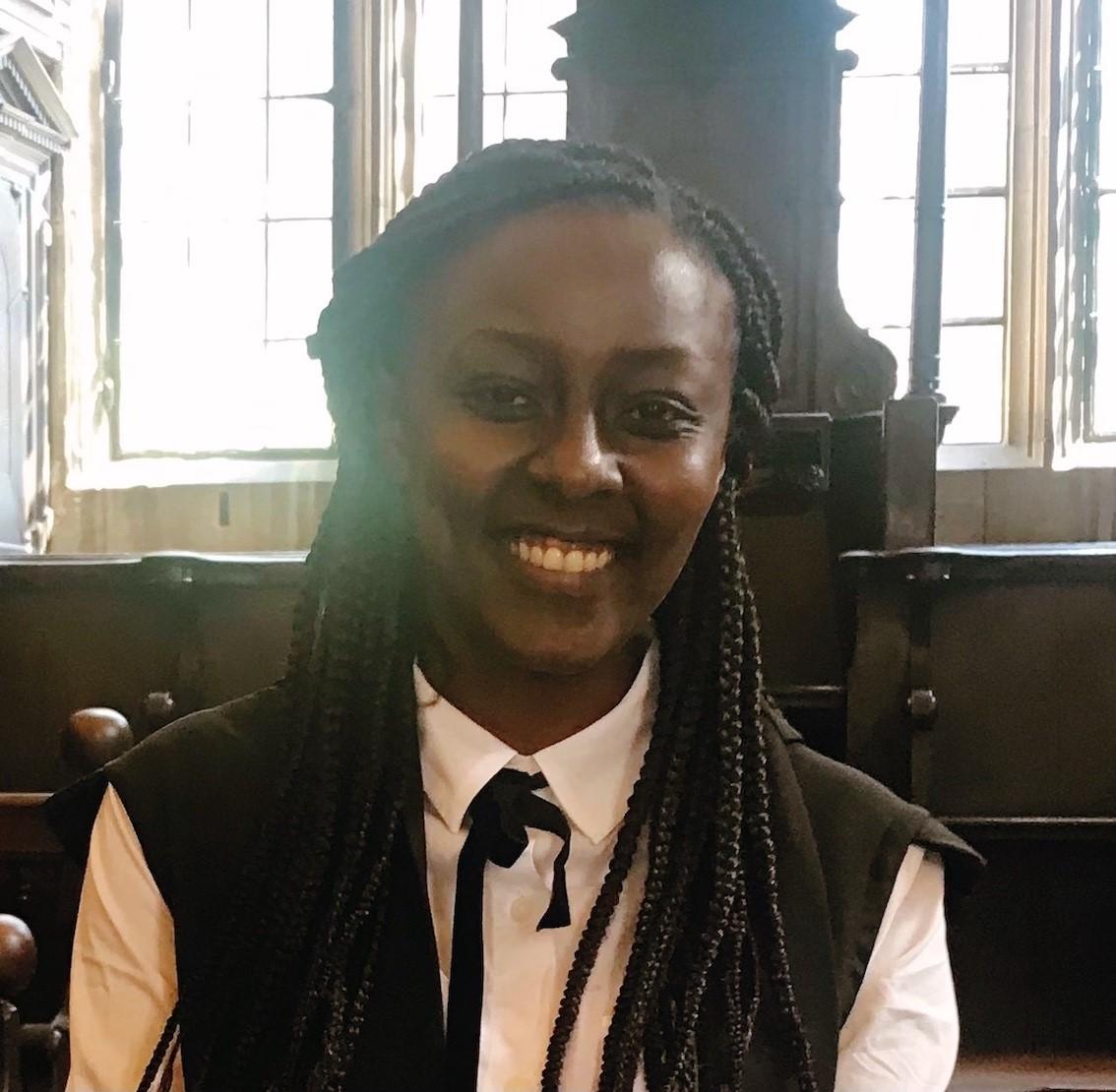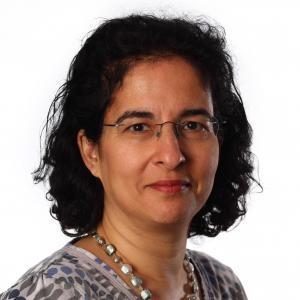Open Source Investigations for Human Rights Accountability
Speaker(s):
Series:
Notes & Changes
Students on the MSc in International Human Rights Law and students on the Oxford/GWU Summer School in International Human Rights Law have priority but others very welcome subject to space.
If you have any questions about this event, please do not hesitate to email freya.baetens@law.ox.ac.uk.
The Bonavero Institute of Human Rights is delighted to host an event on Open Source Research and Data in Human Rights with Sam Dubberley, Daragh Murray and Judy Mionki.
Videos captured on mobile telephones, satellite imagery and many other data sources give human rights researchers and accountability mechanisms new opportunities to demonstrate abuses to rights. These so-called “Open-source investigations” are now an essential part of human rights research giving new leads to and complementing interviews with survivors, witnesses, and experts to document, expose and fight for accountability for human rights violations and abuses.
This event will discuss why Open Source Investigations have become so important, what steps NGOs and international human rights organisations are taking to integrate open source into their research methodologies, and what this means for accountability mechanisms.
Speakers

Sam Dubberley is the managing director of the Digital Investigations Lab at Human Rights Watch, where he leads a team of researchers conducting open source investigations as part of HRW’s research. Recently, he worked on HRW’s investigation showing how a cluster munitions attack at Kramatorsk train station in Ukraine was a likely war crime, and investigations into protests in Peru and conflict between Kyrgyzstan and Tajikistan. Prior to joining HRW, Sam was the head of the Evidence Lab at Amnesty International where he conducted and led on a wide range of open source research projects, including the 2021 Webby Award-winning platform "Teargas: An Investigation" and investigative collaborations with several media organisations, including CNN and NHK.
At Amnesty he set up and managed the Digital Verification Corps - a partnership between six global universities contributing directly to Amnesty’s open source research. The project was awarded international collaboration of the year at the Times Higher Education awards in 2019, and the innovative teaching award from the University of Cambridge in 2021.
Sam is the co-editor of the book ‘Digital Witness: Using Open Source Information for Human Rights Investigation, Documentation, and Accountability’ published by Oxford University Press. He has also published research on the impact of viewing harmful content during open source investigation and the risk of vicarious trauma. Sam is also a fellow of the Human Rights Centre at the University of Essex.
Online profile: https://www.hrw.org/about/people/sam-dubberley

Daragh Murray is a Senior Lecturer at Queen Mary University London School of Law, and a Fellow of the Institute of Humanities and Social Sciences. He specialises in international human rights law and the law of armed conflict, with a particular interest in the use of artificial intelligence and other advanced technologies, particularly in an intelligence agency and law enforcement context. He has been awarded a UKRI Future Leaders Fellowship to examine the impact of artificial intelligence on individual development and the functioning of democratic societies. This 4 year project runs until January 2026 and has a particular emphasis on law enforcement, intelligence agency, and military AI applications. Previous research examined the relationship between human rights law and the law of armed conflict and the regulation and engagement of non-State armed groups.
Daragh's research has been covered by BBC Newsnight, BBC PM, PBS Newshour (US), The New York Times, The Guardian, The Times, The Financial Times, La Repubblica, Le Monde, BBC Radio 4 and other national news outlets across the world. Daragh is currently co-authoring Facial Recognition Surveillance: Policing and human rights in the age of AI (OUP 2023) with Prof. Pete Fussy and co-editing the CUP Handbook on AI and Human Rights (2023) with Prof. Lorna McGregor.
Daragh is the author of 'Human Rights Obligations of Non-State Armed Groups' (Hart, 2016). He also authored the 'Practitioners Guide to Human Rights Law in Armed Conflict' in conjunction with Dapo Akande, Charles Garraway, Francoise Hampson, Noam Lubell and Elizabeth Wilmshurst. (OUP 2016) and is co-editor of 'Digital Witness: Using Open Source Information for Human Rights Investigation, Documentation and Accountability (OUP 2020) with Alexa Koenig and Sam Dubberley. He has a PhD in Law from the University of Essex, an LLM in International Human Rights Law from the Irish Centre for Human Rights, and an MSc in Computer Security&Forensics from Dublin City University.
Online profile: https://www.qmul.ac.uk/law/people/academic-staff/items/murray.html

Judy Mionki is an International Criminal and Human Rights Lawyer currently acting as legal and policy adviser on Ukraine within Amnesty International’s Law and Justice team. She serves as the African Regional Forum Liaison Officer of the International Bar Association’s Human Rights Law Committee and advisor and trainer at the Utrecht University Open-Source Investigations Lab.
Judy practices as Defence Counsel at the International Criminal Court and has appeared in precedent-setting cases before the Court: Prosecutor v William Ruto and Joshua Sang (Kenya situation) and Prosecutor v Bosco Ntaganda (DRC situation).
She is currently completing an MSc in International Human Rights Law from the University of Oxford and has an LL.M in International Law from the University of Kent at Canterbury.
Online profile: https://www.linkedin.com/in/jmionki/details/experience/
Moderator

Dr Nazila Ghanea is Professor in International Human Rights Law at the University of Oxford. She serves as Associate Director of the Oxford Human Rights Hub and is a Fellow of Kellogg College (BA Keele, MA Leeds, PhD Keele, MA Oxon). She serves as a member of the OSCE Panel of Experts on Freedom of Religion or Belief and on the Board of Trustees of the independent think tank, the Universal Rights Group. She has been a visiting academic at a number of institutions including Columbia and NYU, and previously taught at the University of London and Keele University, UK and in China. Nazila’s research spans freedom of religion or belief, freedom of expression, women’s rights, minority rights and human rights in the Middle East. Her publications include nine books, five UN publications as well as a number of journal articles and reports. Her research has been funded by the UK Arts and Humanities Research Board, the UK Economic and Social Research Council, Open Society and the QNRF.
She has been invited to address UN expert seminars on seven occasions. From 2012-2014 she is co-leading a research team to look at the Domestic Impact of UN Treaty Ratification in the countries of the Gulf Cooperation Council. From 2010-2013 she was part of a research term investigating ‘Religion and Belief, Discrimination and Equality in England and Wales: Theory, Policy and Practice’ (2010-2013). She has also received a number of university scholarships and academic awards. Nazila has acted as a human rights consultant/expert for a number of governments, the UN, UNESCO, OSCE, Commonwealth, Council of Europe and the EU. She has facilitated international human rights law training for a range of professional bodies around the world, lectured widely and carried out first hand human rights field research in a number of countries including Malaysia, Qatar, the United Arab Emirates and the United Kingdom. She is a regular contributor to the media on human rights matters.
If you have any questions about this event, please do not hesitate to email freya.baetens@law.ox.ac.uk.


 Add to calendar
Add to calendar


